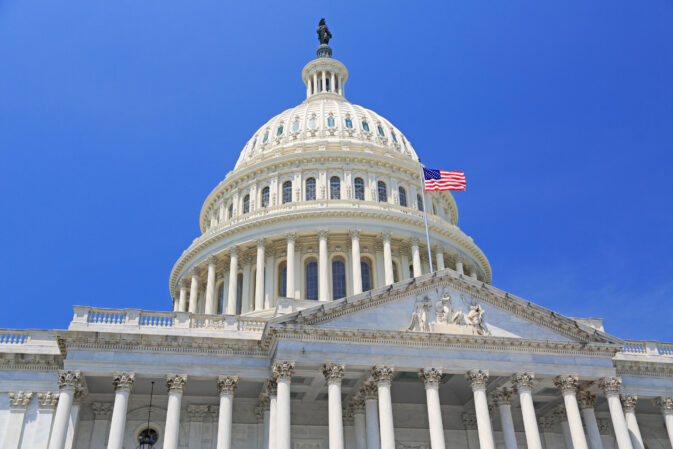House GOP offers smart fiscal compromise and seeks to rein in the IRS

“How can you explain the fact that grown men and women are unwilling to budge up till now, and still some of them are still unwilling to budge, by taking an absolute position: my way or no way,” said then-Vice President Joe Biden about the debt ceiling fight in 2011. “That’s not governing. That’s no way to govern. You can’t govern that way.”
What a difference a decade or so makes. This is exactly Biden’s absolutist governing position on today’s debt limit debate. The White House said debt ceiling talks are an “absolute nonstarter” for Biden, who claims it’s “mind-boggling” to risk default. As a senator, however, Biden voted 10 times against raising the debt limit under Republican presidents. This type of hypocrisy is why people hate Washington.
Fortunately, House Republicans’ Limit, Save, Grow Act, announced this week, proposes introducing a modicum of fiscal sanity to the reckless spending of recent years. The plan would aim to save $4.5 trillion over 10 years by returning discretionary federal spending to 2022 levels and limiting annual spending increases to 1%. It would rein in the IRS by cutting the $71 billion Democrats spent to double the agency’s size last year. And it would make a series of pro-growth reforms to bring small businesses and the economy back. It doesn’t touch Social Security.
The White House engaged in predictable demagogy against the plan, calling it “extreme.” But only in Washington does slowing the rate of spending increases amount to devastating cuts. Democrats not only want a clean debt ceiling increase but also to do away with the debt ceiling altogether. Yet this modern monetary theory approach, the idea that the government can spend whatever it wants because it can simply print the dollars it needs, has been debunked. No limits on government spending is the real extreme position.
The Republican plan also sets the stage for economic growth. Many of its provisions — including unleashing domestic oil production, reestablishing welfare work requirements, and curtailing federal regulations — are welcome. The plan’s provision to reverse the IRS expansion would pay dividends beyond its top-line savings. It would prevent the agency from enforcing its pending $600 reporting requirement for transactions made on platforms such as Venmo, Zelle, or PayPal. This reprieve will help small businesses and ordinary people threatened by a mountain of paperwork and audits for small routine payments. This lower reporting threshold, set to take effect next year, targets small businesses such as hairdressers, handymen, and your children’s sports coaches — not billionaires.
The choice is clear: We can either make smart fiscal decisions now or make impossible fiscal decisions later when runaway deficits trigger a financial crisis. People elected a divided government to make such a long-needed bipartisan compromise. Biden used to understand this.





